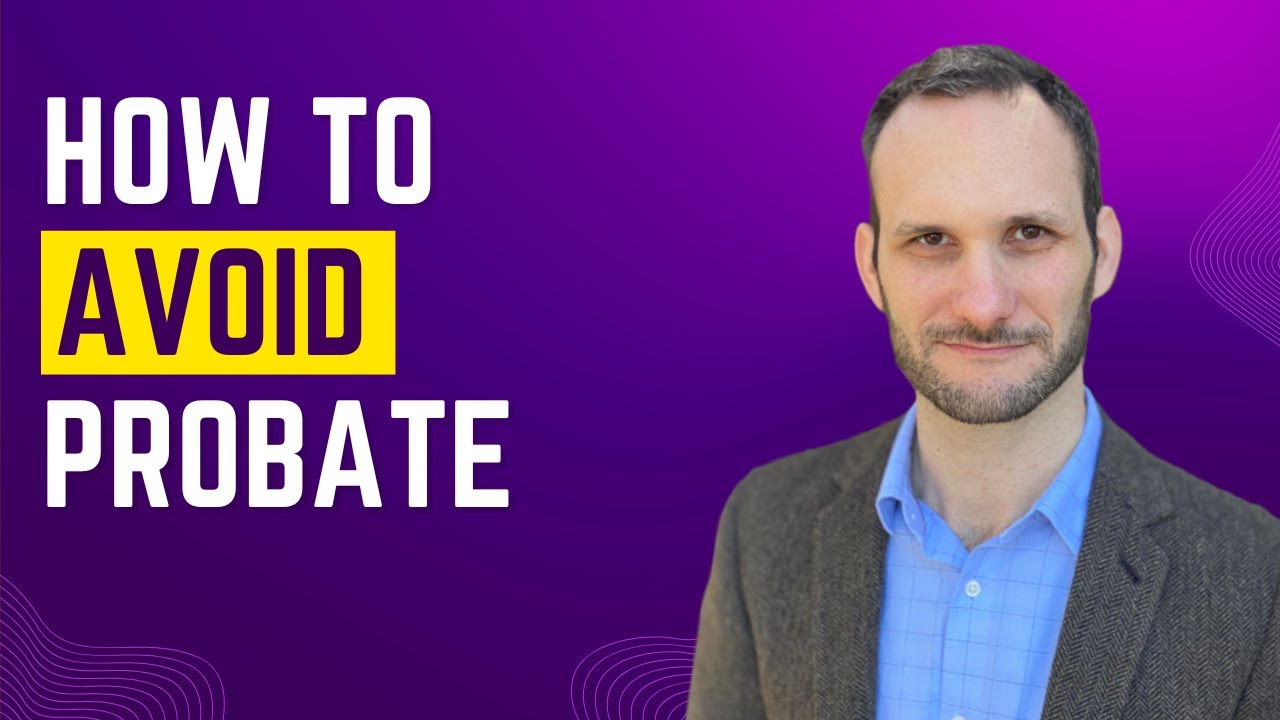Steps to Avoid Probate in Florida
Avoiding probate in Florida is often straightforward and can save your heirs time, money, and the public exposure of probate proceedings. Despite this, many individuals neglect to implement strategies that could circumvent probate. Understanding these methods is crucial for effective estate planning.
How Does Probate Work in Florida?
Probate is the legal process of transferring a deceased person’s assets to their heirs after paying any outstanding debts. It ensures that legal ownership of property moves to the rightful beneficiaries named in the will and that creditors are paid what they are owed. Any property titled solely in the deceased person’s name must go through probate, and this property is referred to as the “probate estate.
Probate follows the rules set by Florida law and is managed by the probate court. The person named in the will as the “personal representative” is responsible for starting and overseeing the probate process.
Why Probate Can Be Difficult
The probate process in Florida involves filing legal documents, court hearings, and attorney representation. Probate often takes six months or more to complete. Attorney fees are set by law and are based on a percentage of the estate’s value.
Florida law requires the personal representative to hire a Florida attorney to handle probate. The personal representative cannot manage the process alone. Probate also requires preparing specific legal forms, court orders, and, in some cases, hearings or trials.
We help families throughout Florida.
Since 1991, Alper Law has helped thousands of clients with estate planning and with protecting their assets for their families. We can provide all services remotely. Start with a free phone or Zoom consultation.

How to Avoid Probate in Florida
Here are the ways that probate can be avoided in Florida:
1. Establish a Living Trust
A living trust is one of the most effective tools to avoid probate in Florida. It is created during the owner’s lifetime through a written trust agreement.
You can transfer ownership of your assets—such as real estate, bank accounts, vehicles, and personal property—into the trust.
The owner (settlor) can amend or revoke the trust at any time. The settlor manages the trust as the trustee and is the sole beneficiary during their lifetime. After the settlor’s death, the successor trustee distributes the trust’s assets to named beneficiaries without probate.
A living trust avoids probate and keeps asset transfers private, unlike a will, which becomes part of the public record. It can include protections for beneficiaries’ inherited assets after the settlor’s death.
However, a living trust does not protect the settlor’s assets from creditors during their lifetime. Trust assets remain subject to claims by the settlor’s creditors after death.
2. Joint Ownership
Adding a joint owner to your bank accounts or property deeds can facilitate the direct transfer of assets upon your death. In Florida, joint ownership with rights of survivorship avoids probate because the surviving owner automatically inherits the property. For married couples, holding assets as tenants by the entirety provides similar benefits.
Parents sometimes add children as joint owners to avoid probate. However, this exposes the property to the creditors of both the parent and child, which can lead to loss of the asset if there’s a judgment against either.
3. Beneficiary Accounts
Beneficiary accounts allow owners to name individuals who will inherit the account upon their death to avoid probate. These accounts, called “payable on death” (POD) or “transfer on death” (TOD) accounts, pass directly to the beneficiary without probate.
These accounts are easy to set up and ensure quick transfer of assets.
However, beneficiaries are not required to use the inherited funds to pay for funeral costs, probate fees, or other expenses. The immediate transfer of funds may leave unpaid bills or expenses unresolved.
4. Lady Bird Deeds
A lady bird deed allows property owners to avoid probate by transferring the real estate to future beneficiaries while keeping control and use of the property for their lifetime. With a lady bird deed, ownership automatically transfers to the beneficiary upon the owner’s death.
Can a Will Avoid Probate?
It’s a common misconception that having a will circumvents probate. In reality, a will outlines your wishes regarding asset distribution and appoints a personal representative to administer your estate.
However, the will must still go through the probate process to be validated and executed. Therefore, while still an important document, a will does not eliminate the need for probate in Florida.
Sign up for the latest information.
Get regular updates from our blog, where we discuss asset protection techniques and answer common questions.

